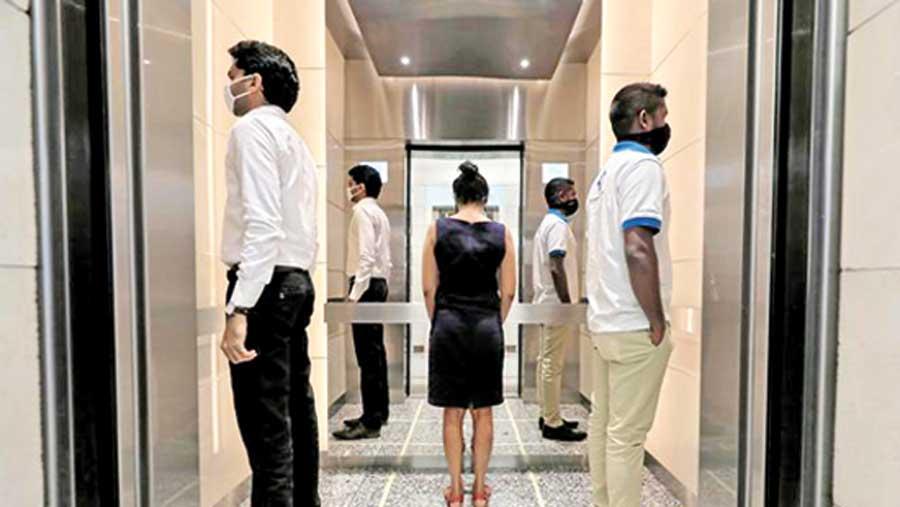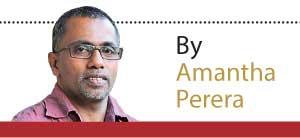Reply To:
Name - Reply Comment

What will the new normal look like? The last six months have been one of a constant upheaval. Life as we knew it would never return to what it was. A fact that we need to reconcile to.
By the time COVID-19 upended daily life, journalism had been facing one crisis after another. Financial losses were mounting and the decades-long digital transition was shape shifting the  journalism playing field like never before.
journalism playing field like never before.
In Sri Lanka while traditional media houses tried and failed to gain a digital foothold, one that was profitable. Lone wolf operators plying on click-bait and gossip garnered market shares that would make them financially viable as well as socially influential.
During the last election campaign one of the key areas of influence pedaling measures was how page administrators overseeing Facebook pages with wide followings were withholding content. Some of them have told confidants that they were paid to do so. The impact of such suppression is never easy to assess.
My research work has allowed me to gain insights into how journalism is changing at the very individual level because of the pandemic.
"A post-COVID-19 world will be dominated by one of financial loss recovery. The work-from-home regimes are likely to pay a large role in cost cutting as will be others like bite-sized news production at low cost. But one other aspect of the pandemic vital for media literacy has been largely subdued"
The biggest concern among media professionals is financial uncertainty. Would journalism be a viable career choice? In its pre-COVID-19 form it probably would not be.
A post-COVID-19 world will be dominated by one of financial loss recovery. The work-from-home regimes are likely to pay a large role in cost cutting as will be others like bite-sized news production at low cost. But one other aspect of the pandemic vital for media literacy has been largely subdued. There is unprecedented demand for authentic information. World over people are looking for information because it could be a choice of life and death. That demand has been fertile ground for all sorts of quacks and conspiracy theories. Media industry as a whole has not been able to use this demand for consolidation.
In the post-COVID-19 normal, journalism will have to adapt to these new demands. It would have to deliver timely information at a high speed and low cost. There are at least some things that are working in the industry’s favour. Just as the demand for information has increased so has, but not on the same wavelength, public trust. The reach-out for legacy media and social media during the pandemic has been unprecedented. And I am not being hyperbolic here.
Traditional media outlets, journalists and social media influencers have been at the bulwark of countering misinformation and fakes. All this however does not mean that making journalism a viable endeavour has become easy.
"Things will get worse before they get any better. There would be few survivors. Some of them would be large groups that have shed staff and cut costs to stay afloat"
There are suggestions, growing in voice within international media development circles that the most effective form of journalism could be public service journalism. A model that works though public and private funding initiatives.
But how do you make these enterprises independent not only in appearance but in practice as well. In Sri Lanka we already have a public service media structure in theory. But the government owned, managed and controlled media behemoth has been turned into a political service media structure. Prone sudden personnel and policy to changes, en-mass after elections but also without such prerequisites, they have and will serve as political blow- horns without any shame or care. So there is not much hope in that.
Back to what tomorrow looks like for those like me who have made journalism their career. They would have to be innovative and move with audience trends. This is not to say that they should copy the click-bait traditions of relying on lists, loose polls and imitate cat videos.
Things will get worse before they get any better. There would be few survivors. Some of them would be large groups that have shed staff and cut costs to stay afloat.
But hopefully there would be a few innovators who will buck the trend and come out winners.
The author is a Post-grad Researcher at CQ University, Melbourne focusing on online journalism and trauma.
Twitter - @amanthap